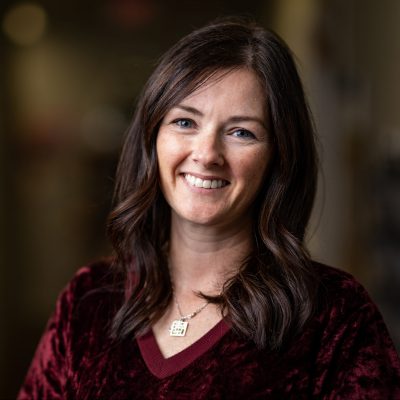August: A Time of Reflection and Growth
As we enter the month of August, we prepare for one of the most meaningful transition periods of the year. For your child, this time may bring new faces and new classrooms, as well as the emotions that may accompany these changes.
Longtime child guidance expert Dr. Dan Gartrell reminds us that school readiness is not just about knowing letters and numbers, but about a child’s willingness to engage, confidence in their ability to learn, and a supportive environment that nurtures their development across all areas: physical, emotional, social, cultural, language, and cognitive. That is why he suggests the following:
- Have contact talks with your child each day.
- Understand that children’s reasoning skills are just beginning to develop.
- View conflicts as opportunities for learning – not as misbehavior.
- Teach through conflict, rather than punish.
- Use guidance and natural consequences instead of punishment.
- Practice ongoing “guidance talks” to reflect and reconnect.
- Hold regular family meetings to discuss and problem-solve recurring issues.
- Model grace – we adults make mistakes too!

Texas A&M Children’s Centers
Executive Director
Research consistently shows that children thrive when their families are involved in their care and education. Here are some practical ways to collaborate with your child’s teacher to create and maintain a meaningful relationship:
- Introduce yourself early. Get to know your child’s teacher as soon as possible so you can feel comfortable communicating with each other about your child. Attend “Meet the Teacher” and Open House events to build comfort and communication.
- Look for opportunities to get involved. Teachers often share ways to participate through weekly storyboards.
- Share meaningful information. Help teachers understand your child’s skills, preferences, interests, experiences, and needs- don’t forget to complete the Family Questionnaire!
- Offer your skills. Whether it is sharing music, cooking, storytelling in your home language, or lending a hand with repairs, your contributions are valued.
- Communicate openly and in ways that work for your family. Let your child’s teacher know how you prefer to receive updates. The Kaymbu app is a wonderful tool for two-way communication.
(Source: Nemeth, K., Koralek, D. & Ramsey, K. Building a Partnership with Your Child’s Teacher. Retrieved from Building a Partnership with Your Child’s Teacher | NAEYC)
As we welcome a new school year, let’s embrace both the challenges and joys of transition. Thank you for allowing us to be a part of your family’s journey. We look forward to growing and learning together.

